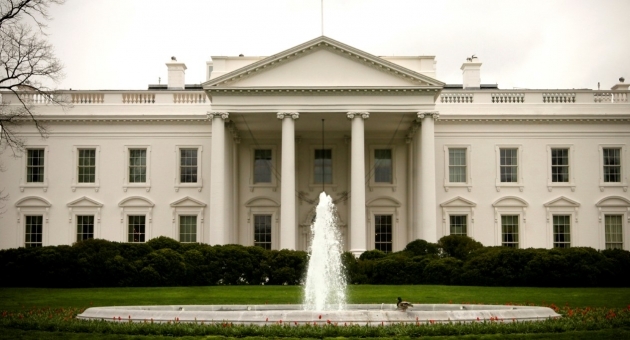At White House summit, President Theobald commits to expand college access and promote completion

Temple University President Neil D. Theobald recently joined other college presidents and education leaders at the second White House College Opportunity Day of Action, where over 600 new commitments—including two from Temple—were announced to help more students prepare for and graduate from college.
Invitees to the Dec. 4 summit were challenged to commit to new actions in one of four areas: building networks of colleges focused on promoting completion; creating K–16 partnerships around college readiness; investing in high school counselors as part of first lady Michelle Obama’s Reach Higher initiative; and increasing the number of college graduates in science, technology, engineering and mathematics (STEM) fields.
“Temple is ideally suited to respond to the White House’s call to action,” Theobald said. “While we are already engaged in a variety of innovative efforts to collaborate with K–12 partners, expand access to higher education and promote timely graduation, we have much more we can and want to do.”
Temple’s new commitments include the College of Education developing a graduate certificate in college access counseling to appeal to K–12 school counselors and nonprofit professionals as well as to those seeking to specialize in college access as higher-education professionals. The certificate program, expected to start in September 2015, will require 12 credits of graduate study that can be taken independently or applied toward a master’s degree. The program is being developed in collaboration with the School District of Philadelphia and the Mayor’s Office of Education.
In another partnership with the School District of Philadelphia, the College of Education is establishing the Temple Teacher Residency program, a dual-degree STEM education program. The Temple Teacher Residency program will enable students who earn a bachelor’s degree in a STEM-related discipline to also earn a master’s degree in middle-grades education by completing an additional year in residency in a Philadelphia public or charter school.
In their graduate year, students in the Temple Teacher Residency program will spend 75 percent of their time teaching in a middle-grades classroom while receiving direction from a school-based cooperating teacher and a university-based coach. The program—built on the concept of a medical residency—will combine practical learning with a professional support network for new teachers. The program is being supported with $2.2 million in grant funding from the U.S. Department of Education.
“We are committed to improving opportunities in the STEM fields, as well as equipping education professionals with optimal training to help students prepare for college-level work and to navigate the application and enrollment process,” said College of Education Dean Gregory Anderson. “These actions not only deepen our engagement with regional partners but also play a leading role in addressing issues of national importance.”
Other initiatives at Temple to promote college access and completion include the Temple Option—through which students may apply without submitting a standardized test score—and Fly in 4, which provides undergraduates with the resources they need to graduate in four years.
-Brandon Lausch